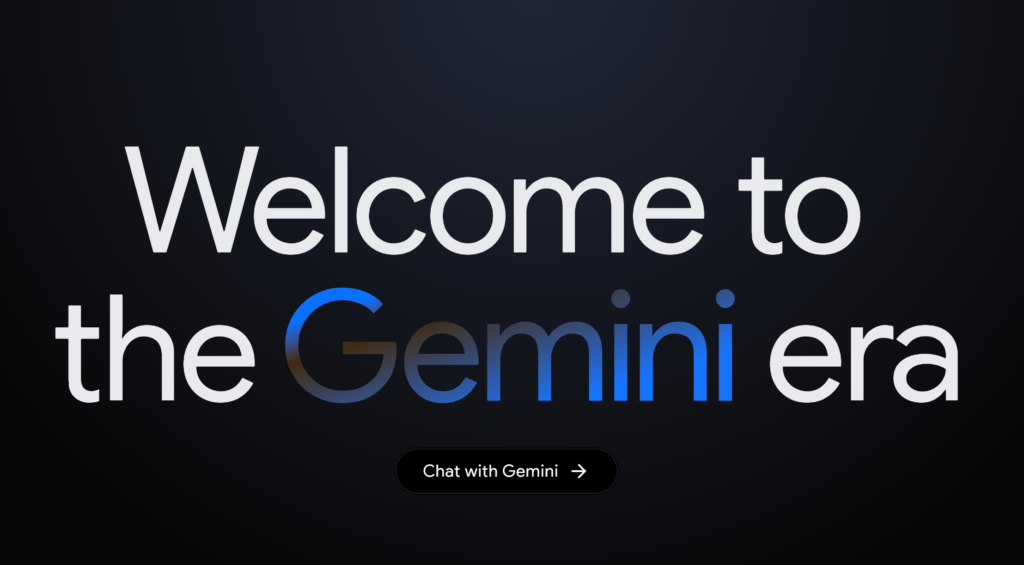
LifeHubber Team
Google has rebranded its generative AI chat experience, Bard, to Gemini on February 8. This transformation represents Google’s ambition to harmonize its AI offerings under a cohesive and powerful brand. Powered by a significant upgrade also known as “Gemini” behind the scenes, it is complemented by the introduction of a new Android app and the promise of expanded functionalities through the “Gemini Advanced” tier. Users of iOS will access it via the Google app.

The AI Behind Gemini
Gemini is powered by what Google describes as its most sophisticated models, Pro 1.0 and Ultra 1.0, signifying a leap in AI’s ability to understand and generate human-like text. It is the first model to outperform human experts on MMLU (Massive Multitask Language Understanding), one of the most popular methods to test the knowledge and problem solving abilities of AI models.
The Advanced tier, built on “Gemini Ultra,” aims to cater to more complex tasks with enhanced multimodal capabilities, superior coding support, and the ability to delve deeper into file and document analysis. This upgrade signifies a push towards making AI more accessible and integrated across Google’s suite of applications, from Gmail to Google Docs, and even extending its utility to personal assistants on mobile devices.
Comparison with ChatGPT-4
While both Gemini and ChatGPT-4 are frontrunners in the AI domain, their core competencies and applications show distinct pathways. ChatGPT-4, developed by OpenAI, is known for its deep learning and conversational abilities, offering a wide range of applications from creative writing to technical assistance. In contrast, Gemini’s integration into Google’s ecosystem positions it as a more utility-focused AI, aimed at enhancing productivity and seamless interaction across Google’s platforms. Gemini’s ability to integrate directly with Android and other Google apps provides a unique edge in contextual assistance and user experience.
Users Reaction
The transition from Bard to Gemini and the introduction of an Advanced tier have been met with curiosity and anticipation. Users are particularly intrigued by the potential for a more unified AI experience across Google’s services and the implications for daily digital interactions. The Advanced tier, despite being a paid feature, suggests a growing trend towards premium AI services tailored for more demanding or professional use cases.
Positive feedback has emerged from individuals who have found Gemini to be faster and more accurate than its counterparts, including GPT-4, in certain tasks. For instance, a user praised Gemini for its superior performance in deep learning queries, indicating a preference for switching to Gemini from GPT-4 because of its speed and accuracy.
Having said so, criticisms of Gemini have been notable too. Users have reported frustrations with Gemini Pro’s inaccuracies in identifying 2023 Oscar winners, translating simple words, and summarizing news topics. The AI’s coding capabilities were questioned, with users pointing out its struggles with basic programming functions, such as writing intersection functions for polygons or creating bug-free code for games on the first attempt.
Hubbers’ Takeaway
Google’s rebranding of Bard to Gemini is a strategic shift towards creating a more integrated, powerful, and accessible AI ecosystem. As Gemini rolls out, its impact on productivity, creativity, and digital interaction will be closely watched. With its unique position of integration with Google’s services, this evolution marks a pivotal moment in the AI journey, promising a future where AI is not just an assistant but an integral part of our digital lives.




